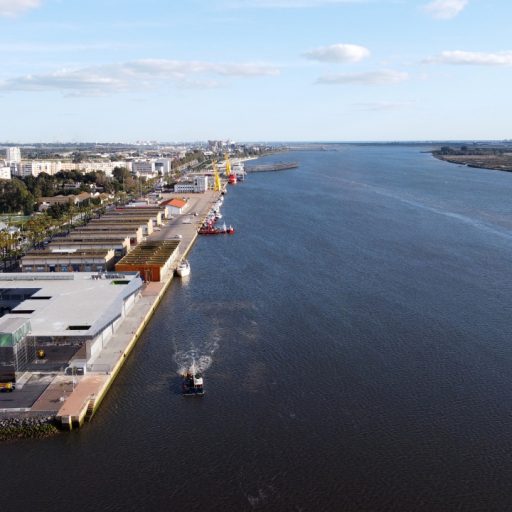
IoT arrives to ports
Share:
The digital transformation is reaching every corner, including ports, and with it, the Internet of Things (IoT) is being implemented in numerous sectors as a great solution.
The digitization of ports requires comprehensive approaches that address critical aspects such as security, quality, and control. Here, IoT solutions emerge as one of the fundamental pillars. Facilitating an IoT platform that allows ships, containers, operators, and machinery to connect with each other represents a crucial step in this transformation process.
Internet of Things is the process by which everyday physical devices connect to the network. IoT devices have so much power in port management by enabling real-time data collection and transmission such as cargo temperature, humidity and sudden movements. This opens up new opportunities in port management and maritime transportation.
At La Lonja de la Innovación, projects working with IoT have been featured, such as Kuviotech, specializing in this sector, or TMS Maritime Solutions, which also provides solutions using this technology.
Benefits of IoT in Smart Ports
- Cargo tracking: real time data on location, security and cargo status.
- Efficient management of inventory. By tracking the containers’ location, the inventory management is more simple, reducing losses and expediting cargo handling.
- Online reservations for services: optimizing the management of port services
- Better utilization of containers. By providing detailed information about their release, location and the type of containers, this enables a boost towards operational efficiency.
- Monitoring of operators. It allows a real- time overview, improving safety and preventing occupational risks
- Security. Surveillance and monitoring systems based on IoT enhance the safety in ports by providing a complete vision of the activity. In addition, there are sensors that can detect unusual movements, enabling agile responses to potential threats.
- Commercial insurance transformation.The precise data collection allows a transformation in the evaluation and risk management
However, it is important not to forget that the implementation of IoT in ports is not free of challenges and, as it happens with everything, it has some issues to face. Cybersecurity, systems interoperability and the initial investment are three of these critical elements that must be tackled to ensure the long-term success of Smart Ports.
To sum up, the convergence of IoT with the port industry is transforming radically the way we operate and manage ports. Smart Ports not only improve efficiency and security, but also lay the base for a smarter and more sustainable maritime future. For entrepreneurs, this is the moment to explore the opportunities that this technological revolution offers in the port-logistics sector.



